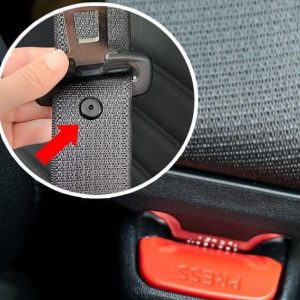Cheryl Treadway, from Highlands County, Florida, found herself and her children held hostage at knifepoint by her boyfriend, Ethan Nickerson, on May 4, 2015.
Her life was at stake, and she did the one thing that could save her: She ordered a pizza
Cheryl Treadway, from Highlands County, Florida, found herself and her children held hostage at knifepoint by her boyfriend, Ethan Nickerson, on May 4, 2015.
Desperate for help, she turned to her phone’s Pizza Hut app to place an order for a small hand-tossed pepperoni pizza
But along with her order, she included a chilling note. She asked the restaurant to send help, revealing she was being held hostage.
Upon receiving the message, the staff at the local Pizza Hut promptly alerted police. The police responded and arrested Nickerson, freeing Treadway and her children.
While Treadway’s story ended in rescue, many victims of domestic violence are not as fortunate. The National Coalition Against Domestic Violence reports that 1 in 3 women and 1 in 4 men experience physical violence from a current or former partner. Each year, an estimated 4 million women are affected by domestic violence in the United States.
Treadway’s situation echoes the chilling message of a Super Bowl PSA about domestic violence. The ad portrays a woman pretending to order a pizza while covertly calling for help from a 911 operator, a scenario inspired by a real-life story shared on Reddit by the operator involved.
Organizations like the National Domestic Violence Hotline provide vital resources for individuals in abusive relationships, including a safety planning tool. This tool offers survivors guidance on how to leave an abusive situation, legal information, and other critical advice. For many, leaving an abusive relationship isn’t a simple decision—it requires careful planning and support.
Treadway’s story highlights the importance of paying attention to subtle cries for help. In her case, the Pizza Hut staff acted quickly and decisively, saving lives. But not every plea for help is as clear, and it’s crucial for all of us—including 911 operators, police, and the general public—to recognize the signs of abuse and take them seriously.
Thankfully, in Treadway’s case, someone was listening—and that made all the difference.





